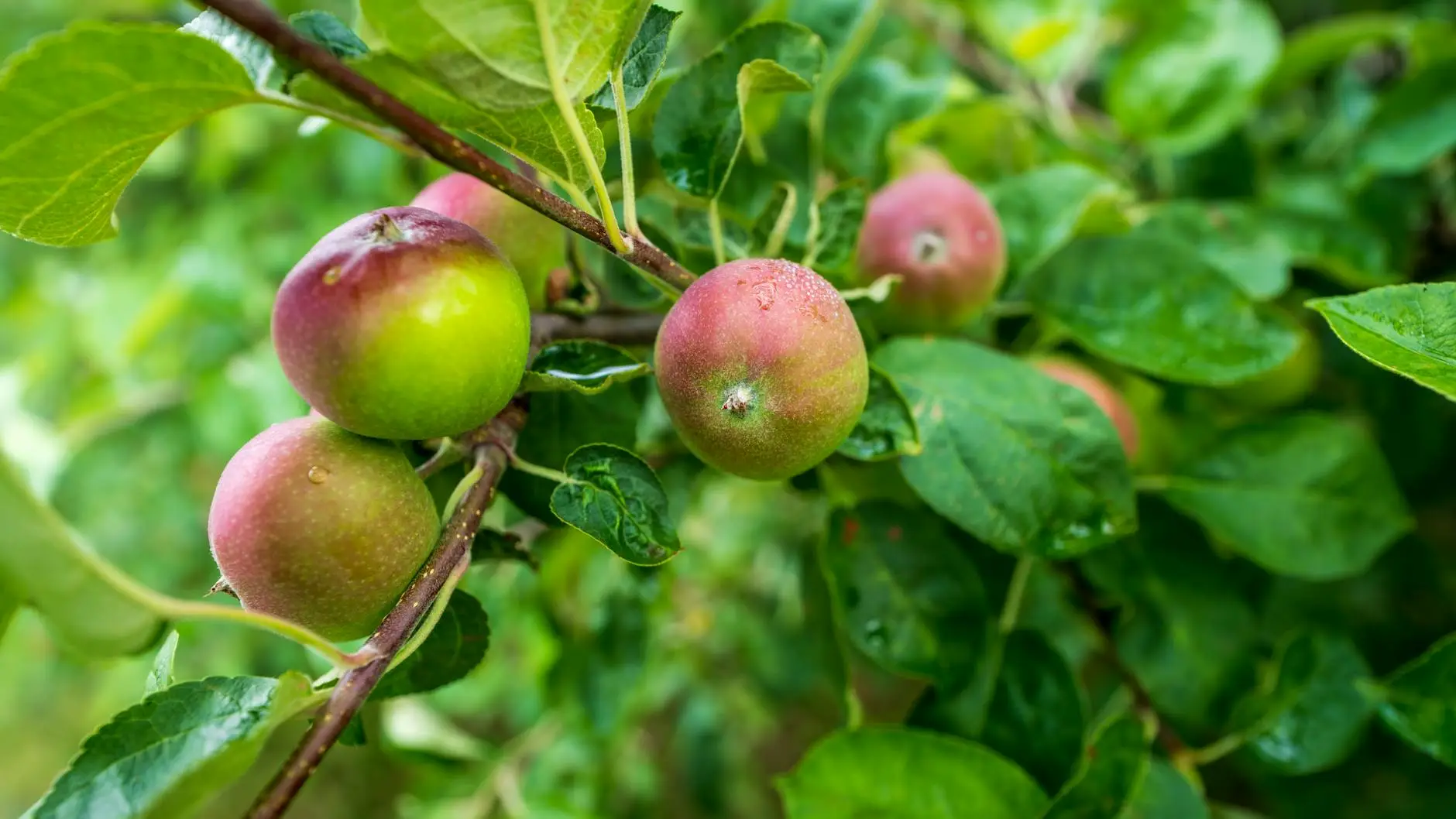
In the realm of gardening and plant care, the allure of harnessing nature’s remedies has captivated enthusiasts for centuries. While traditional methods often involve synthetic fertilizers and pesticides, a growing number of gardeners are turning to homeopathy to nurture their green companions. In this article, we delve into the world of homeopathic remedies for plants, exploring their benefits and how they can contribute to the thriving health of your garden.
Homeopathy operates on the principle of “like cures like” and the concept of potentization, where substances are diluted and succussed (shaken vigorously) to enhance their healing properties. Applied to plants, homeopathic remedies aim to stimulate the innate healing mechanisms within the plant itself, fostering resilience and vitality.
Homeopathic remedies for plants can be administered through various methods, including:
Harnessing the power of nature through homeopathic remedies offers a holistic approach to plant care, promoting health and vitality from the roots up. By embracing these natural solutions, gardeners can cultivate thriving landscapes while minimizing environmental impact. Whether you’re a seasoned gardener or a novice enthusiast, exploring the world of homeopathy for plants opens up a realm of possibilities for nurturing green spaces with care and respect for the natural world.
 by DevGuruWP
by DevGuruWP